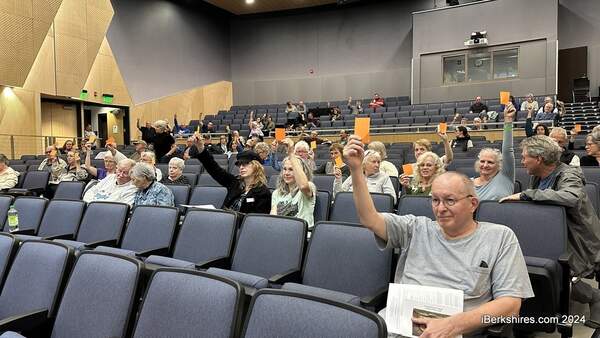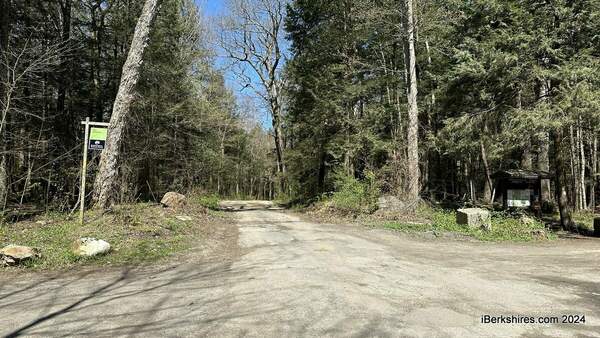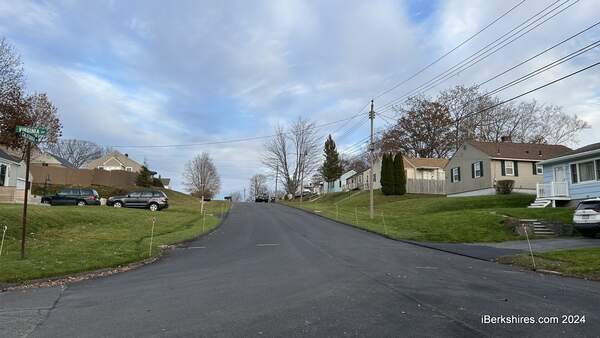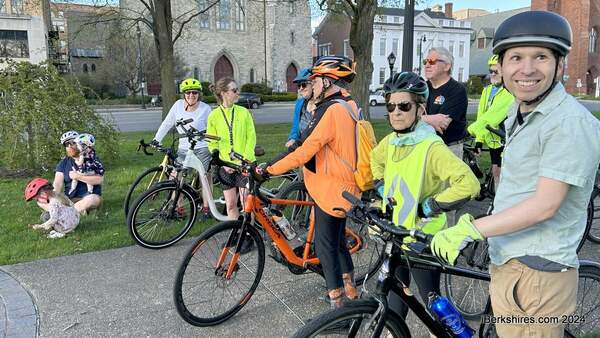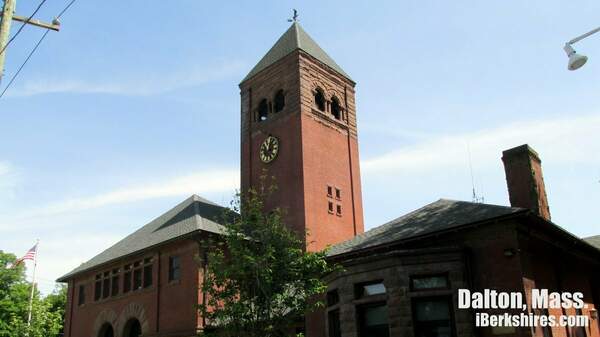Pittsfield Receives Grant to Expand Zoning Concept
PITTSFIELD, Mass. — The city has received more than $42,000 to expand the concept of the Downtown Creative District in the West Side and Morningside neighborhoods. The goal is to alleviate barriers caused by zoning and modernize the city's ordinance.
On Tuesday, the City Council accepted a $41,250 grant from the Massachusetts Executive Office of Energy and Environmental Affairs for the endeavor.
Depending on the budget, both neighborhoods may not make the cut but the focus is on the West Side.
"Last year, the City Council adopted a zoning amendment that created the Downtown Creative District. This effort overhauled the zoning ordinance in the downtown area, creating a 'form-based code.' A form-based code focuses on promoting positive form and design of a project with less emphasis on the proposed use, allowing projects that meet these standards to move forward through a streamlined permitting process," a communication from the Department of Community Development reads.
"This work was completed through grant funds through the same program. Supplementing these past efforts, this grant award will be utilized to expand this concept into the West Side and portions of the Morningside neighborhood, creating zoning that allows for more flexibility and predictability, while also providing a more user-friendly experience."
The grant requires a $13,750 match; Berkshire Regional Planning commission is funding $4,000 of it through its Direct Local Technical Assistance grant and the remaining $9,750 will be paid by the city.
City Planner CJ Hoss said the rezoning boils down to creating additional flexibility.
For example, there are a number of buildings in the two neighborhoods that were converted to residential use from storefronts, and reverting them back to a storefront is not a legal use under the current zoning regulations.
It is also an effort to modernize decades-old zoning regulations.
"Clearly the regulations that were put in place going back at least into the '50s did not support efforts, especially on the business side in the West Side neighborhood," Hoss added.
"And zoning can be very rigid, and this will remove some of that rigidness and allow some more creativity as well in re-thinking how properties can be used or re-used."
He explained that the concept could make a positive impact throughout the city but the effort and funds needed are so significant that it can't all be done at once.
The Berkshire NAACP and Greylock Federal Credit Union supported the grant application. They saw it as a good policy and effort to address concerns raised in a recent report that brought light to the impact of redlining in the historic neighborhood.
The report, titled "Redlining in Pittsfield, Massachusetts, A Case Study," was commissioned by Greylock Federal Credit Union with the support of Berkshire Bank, the NAACP, and the MCLA Foundation.
Hoss said the city is committed to engagement from both neighborhoods and the first step is to review the outreach that has already been done.
Once the city has a consultant, the work is estimated to take eight to 10 months based on the experience of adopting a Downtown Creative District.
In April 2021, the City Council approved the new zoning district that replaced the Downtown Arts Overlay District adopted in 2004 and the more traditional historic zoning districts that are within the downtown area.
It aims to highlight the historical design elements of downtown Pittsfield and encourage a mixture of uses to drive creatives and foot traffic to the area.
The ordinance's development began in 2018 and was guided by a steering committee that consisted of a range of downtown stakeholders, property owners, business owners, and downtown building real estate representatives.
Tags: zoning,

